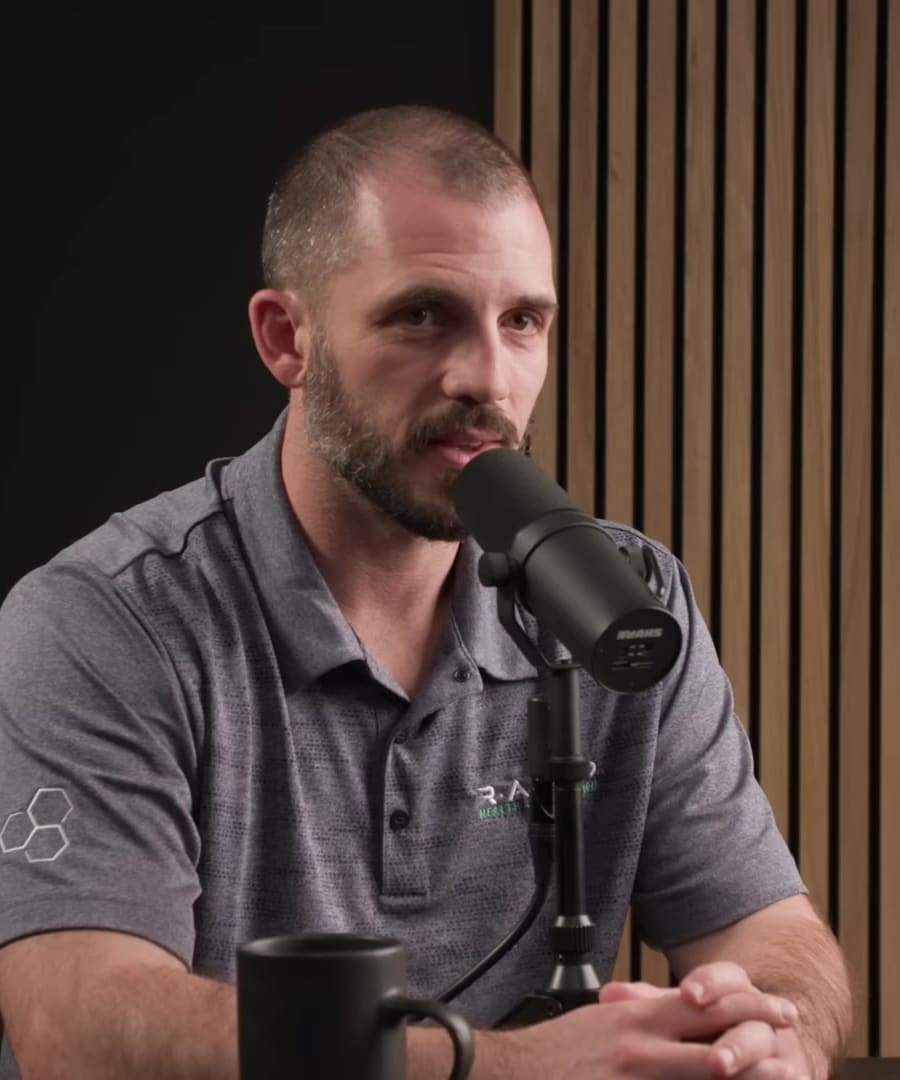What protocols are recommended for improving sleep?
Sources:
has shared several protocols for improving sleep on the podcast. Here are some recommendations:
-
Behavioral Tools: Before considering supplements, focus on behavioral tools such as sleep schedules, healthy pre-sleep routines, and minimizing sleep anxiety. NSDR (non-sleep deep rest) protocols like hypnosis and yoga nidra can also help by turning off thoughts and calming the nervous system 1 2.
-
Supplements: If behavioral tools are insufficient, consider safe supplements. recommends magnesium threonate, apigenin, and theanine. These have been noted to help with falling asleep and staying asleep, but you should consult with a physician before adding any supplements to your regimen 3.
-
Timeshifter App: For those dealing with jet lag due to consistent travel, the Timeshifter app provides light, food, and hydration protocols to adjust to new time zones 4.
-
Sleep Hygiene: Only use your bed for sleep and sex. Creating an environment specific to these activities can reduce the likelihood of sleep issues 5.
-
Myofunctional Therapy: For those with issues like snoring or REM sleep disruptions, myofunctional therapy, which includes tongue exercises, can help improve sleep quality 4.
-
Avoiding Caffeine: Avoiding caffeine 8-10 hours before bedtime and reducing alcohol consumption can also be beneficial for sleep quality 3.
-
Physical Exercise: Exercise can positively affect your circadian rhythms and sleep quality, but timing and intensity should be adapted to your personal schedule and needs 6.
For detailed sleep optimization protocols, refer to the "Master Your Sleep" and "Perfect Your Sleep" episodes, and consider signing up for the neural network newsletter for zero-cost toolkits 7.
RELATED QUESTIONS-
What protocols are recommended for improving sleep?
- RELATED QUESTIONS






